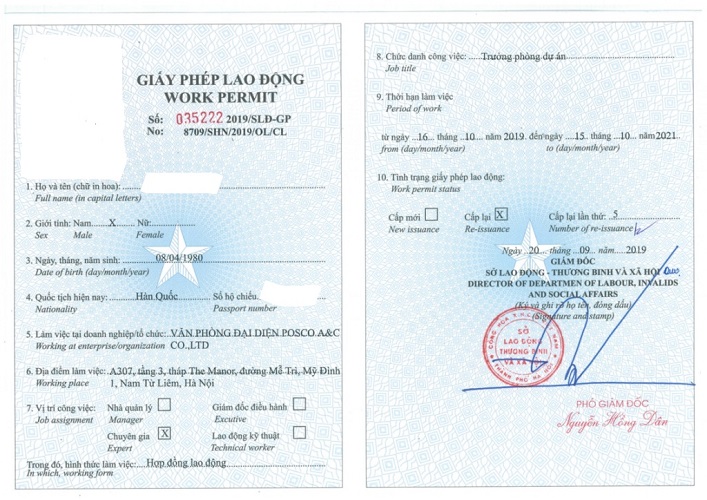Financial statement auditing plays a key role in the development process of businesses and affects the stability of the financial economy as well. This process is not only a tool to evaluate the accuracy of information that companies provide to investors, creditors and other stakeholders according to legal regulations, but also a type of special services with the final product showing the operating results of the business through financial reports. So what is the purpose of financial reporting? What content is needed in an audited financial statement ? Let’s find out with Siglaw Law Firm through the article below!
Purpose
The purpose of auditing is to increase the validity of the financial statements. The auditor provides an opinion on whether the financial statements have been prepared, in terms of material aspect, in accordance with the applicable financial reporting framework.
For most general purposes of financial reporting frameworks, the auditor is required to express an opinion on whether the financial statements are prepared and presented fairly and reasonably, in accordance with the material aspects, consistent with the applicable financial reporting framework.
In general, the audit will directly provide authentic evidence, showing the truthfulness of the information shown on the financial declaration.
Financial reports are often used as objective evidence for third parties, ensuring the rights and obligations of businesses and third parties. Helping third parties to review the truthfulness and reasonableness of the financial information provided by businesses that play a decisive role in business, Investment cooperation projects.
Main contents in auditing financial statements
There is no mandatory regulation prescribing the content of the Audit Report, however, the Audit Report must show the following contents:
(1) Number and title of the report: The number of the issued audit report must be specifically stated. Audit reports issued in the same year of the audited unit are often recorded consecutively for ease of tracking.
(2) Audit report recipients: The recipients are usually Board of Directors; Board of Directors, Director; Investors… depending on the purpose as well as the audited unit.
Right after the above section, there shall be an introductory section introducing the audited Report of the unit, the date of preparation as well as the number of pages of the report and the audited financial statements, period of auditing…
(3) Responsibilities of the audited entity with respect to financial statements: This can be considered a commitment of the audited entity (or key member) to prepare and present honestly and reasonably. The Company’s financial statements are in accordance with Vietnamese Accounting Standards, the Vietnamese Enterprise Accounting Regime and related legal regulations, and are responsible for the truthfulness of the reports which are free from material misstatements due to fraud or error.
(4) Responsibilities of the Auditor: After stating the responsibilities of the audited unit, the auditing of the financial statements needs to demonstrate the responsibilities of the Auditor when giving an audit opinion based on the process process at the audited unit.
(5) Audit opinion: The auditor gives his opinion about the financial statement.
(6) Date of issuing an Audit report: The issue date must not be before the date of preparing financial statements and must not be before the date of collecting audit evidence.
(7) Name of audit company and competent signatures: The audit report clearly states the name of the audit company; The people signing the Audit Report must include 2 members with auditing practice certificates, including 1 member of the Board of Directors. Below each signature, it is necessary to clearly state the full name and audit practice registration number of that Auditor.
Principles of auditing financial statements
(1) Comply with the law and accounting standards, avoid violating legal regulations;
(2) The audit report after being audited must be approved by audit principles: ensuring the independence of the audit unit, auditor, integrity, objectivity, prudence, and confidentiality of the auditor;
(3) Must be performed by units and auditors who are fully certified and meet qualification requirements as prescribed by law.
(4) The financial statements after being audited must clearly show the financial situation of the enterprise accurately and completely, and have legal value.
Above are some basic information we want to provide. If you have any questions about the financial statement audit service, you can contact Siglaw Firm directly for best support!
Phone: (+84) 961 366 238
Email:
- vphn@siglaw.com.vn
- vphcm@siglaw.com.vn
Headquarters: No.44/A32-NV13, Gleximco A, Le Trong Tan Street, Tay Mo Ward, Ha Noi.
Southern branch: No.103 – 105 Nguyen Dinh Chieu Str., Xuan Hoa Ward, Ho Chi Minh.
Central branch: 177 Trung Nu Vuong, Hai Chau District, Da Nang City
Facebook: https://www.facebook.com/hangluatSiglaw










